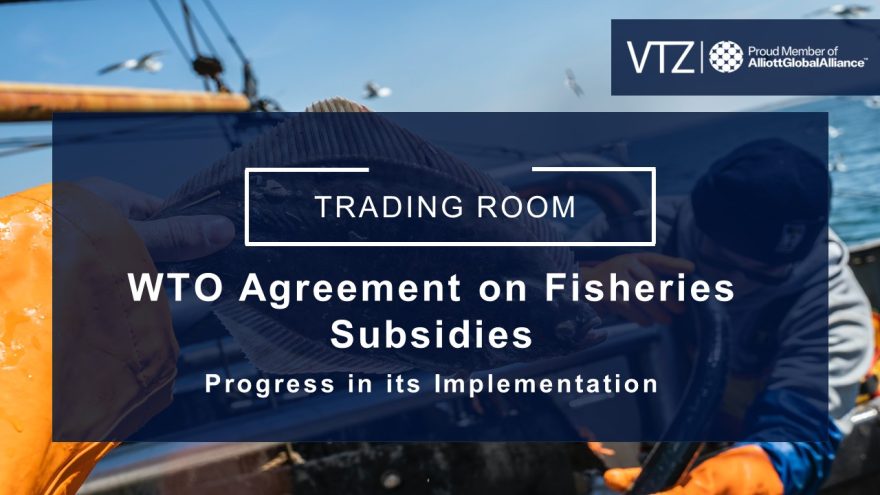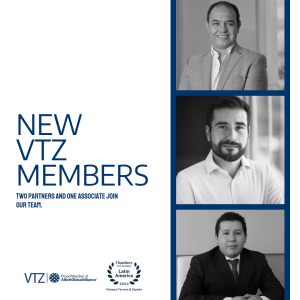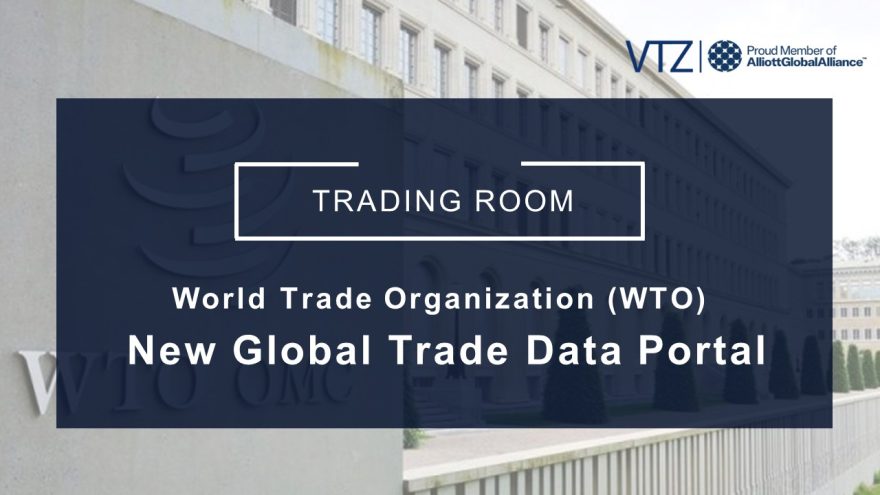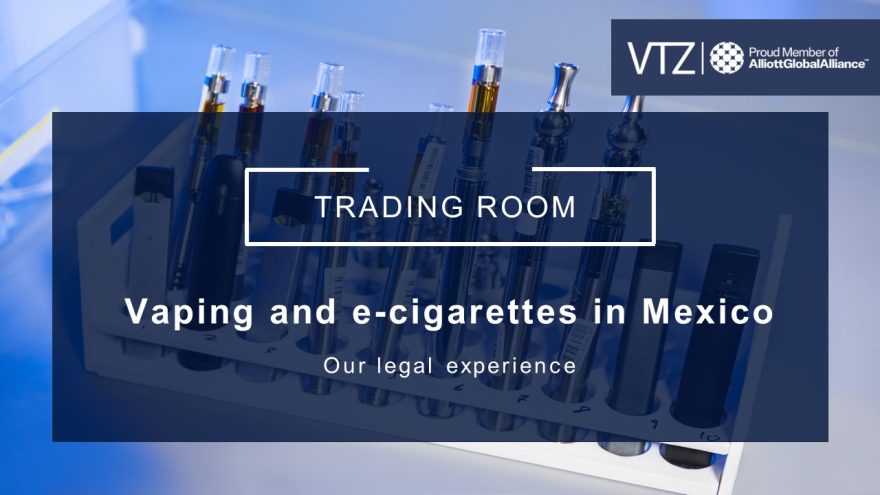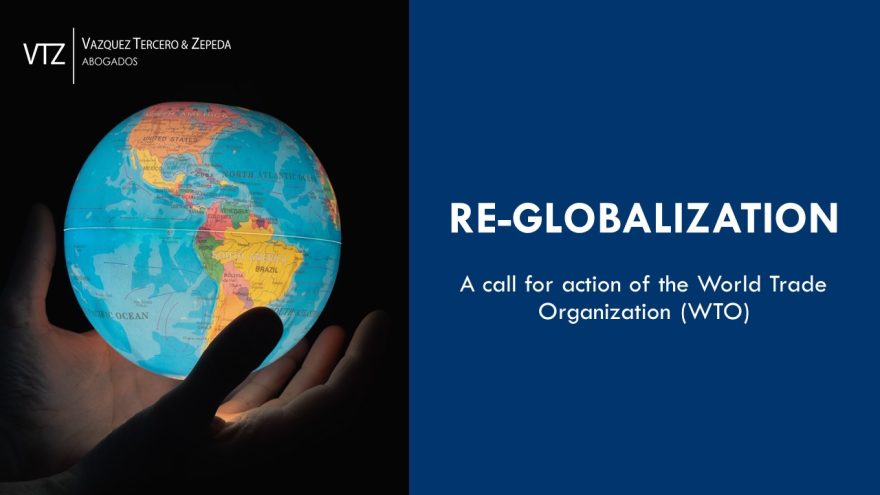WTO Agreement on Fisheries Subsidies
The World Trade Organization (WTO) adopted the Agreement on Fisheries Subsidies at its 12th Ministerial Conference on 17 June 2022. This agreement is a landmark achievement for ocean sustainability and global trade. Its importance relies on the fact that it aims to eliminate harmful subsidies that contribute to overfishing and detrimental fishing-related activities. Accordingly, the Agreement aims to achieve sustainable global fisheries, food security, and improved livelihoods for future generations. In this article, VTZ explains what the agreement entails, why it matters, and the progress in its implementation.
What is the Agreement on Fisheries Subsidies?
The Agreement on Fisheries Subsidies is a set of binding rules that prohibit certain forms of subsidies that have negative impacts on marine resources and fish stocks. This Agreement prohibits certain forms of fisheries subsidies that contribute to overcapacity and overfishing, and eliminate subsidies that support illegal, unreported, and unregulated fishing.
The WTO Members negotiated the Agreement for more than a decade. Many countries had concerns regarding the scope and disciplines established in the Agreement. However, its final text was adopted in the 12th Ministerial Conference in June 2022. If you want more details on this matter, VTZ published an article on the Ministerial Conference from last year.
What does the Agreement on Fisheries Subsidies prohibit?
The Agreement applies to all subsidies provided by WTO members to their fishing sector, whether at the national, regional, or local level. Moreover, this Agreement defines a subsidy as a financial contribution by a government or a public body that confers a benefit to a person engaged in fishing or fishing-related activities. In particular, this WTO Agreement prevents its members from adopting the following:
Furthermore, the WTO Agreement on Fisheries Subsidies also recognizes the special and differential treatment for developing and least developed countries and provides appropriate and effective transitional periods for implementing the commitments. Accordingly, the Agreement includes exemptions from some of the prohibitions for artisanal and subsistence fishing; longer transition periods; technical assistance and capacity building; and enhanced flexibilities for subsidies that contribute to development objectives.
Why does the Agreement on Fisheries Subsidies matter?
The Agreement matters because it addresses one of the main drivers of overfishing and depletion of marine resources: harmful fisheries subsidies. The Agreement on Fisheries Subsidies is the first WTO agreement that focuses on environmental sustainability and that implements a target of the 2030 Agenda for Sustainable Development. Specifically, the Agreement fulfills the Sustainable Development Goal (SDG) 14.6, which calls for prohibiting certain fisheries subsidies by 2020.
In addition, the WTO recently published a video where the organization analyzes the importance of the Agreement on Fisheries Subsidies in developing countries. Specifically, the video shows the fishing challenges faced in the communities from Côte D’Ivoire:
According to the Food and Agriculture Organization (FAO), about 34% of global fish stocks are overfished, and another 60% are fully fished. This poses serious threats to food security, livelihoods, biodiversity, and ocean health
What are the next steps for implementing the Agreement on Fisheries Subsidies?
The WTO Agreement on Fisheries Subsidies has not entered into force yet. The agreement will come into effect once two-thirds of WTO members have deposited their instruments of acceptance. As of April 2023, 50 members have deposited their instruments of acceptance, including major fishing nations such as China, Japan, and Norway.
Moreover, the members also agreed to continue negotiations on outstanding issues, such as subsidies for distant water fishing; subsidies for fish processing; transparency and dispute settlement provisions; and special treatment for developing and least developed countries. WTO Members aim to make recommendations by 13th Ministerial Conference for additional provisions that would further enhance the disciplines of the Agreement.
What countries have formally accepted the WTO Agreement on Fisheries Subsidies?
In the last months, several countries have accepted the WTO Agreement on Fisheries Subsidies. For example, the United States, the European Union, China have recently joined the list of countries that have formally accepted the WTO Agreement on Fisheries Subsidies. This represents an extremely important development because of these countries have some of the biggest fishing industries in the world. In addition, the political influence of the U.S. in the West, and China’s economic clout in the East may represent a turning point for other countries to join the Agreement.
China formally accepted the Agreement on Fisheries Subsidies on 27 June. Minister of Commerce of China, Mr. Wang Wentao deposited the instrument of acceptance to WTO Director-General Ngozi Okonjo-Iweala while in Tianjin for the Summer Davos. pic.twitter.com/QfqzBevsHv
— Permanent Mission of China to the WTO (@ChinaMissionWTO) June 27, 2023
In particular, the United States Trade Representative (USTR), Katherine Tai, signed and filed the instrument of deposit of the Fisheries Subsidies Agreement with the WTO. WTO Director-General Ngozi Okonjo-Iweala was present at the proceedings. U.S. government officials and industry leaders applauded this development. They also highlighted the USTR’s continued commitment to advancing a climate-conscious, worker-centered trade policy.
Great to celebrate today the USA’s ratifications of the Fisheries Subsidies Agreement! The 1st large fishing nation to ratify. Thank you to @AmbassadorTai & the USTR fisheries team for making this early ratification happen. Hope others will follow suit. Let’s get it done by MC13! pic.twitter.com/szyDr07WRW
— Ngozi Okonjo-Iweala (@NOIweala) April 12, 2023
The Fisheries Funding Mechanism
The Agreement on Fisheries Subsidies also establishes a new funding mechanism to accept voluntary contributions from members and other donors. Its aim is to provide technical assistance and capacity building to developing country members to help them implement the Agreement. WTO Members are constantly encouraged to support this mechanism.
The fund aims to strengthen overall fisheries management practices, and to support the implementation of the Agreement on Fisheries Subsidies. This institution will be operated by the WTO with partner organizations, namely the Food and Agriculture Organization (FAO), the International Fund for Agricultural Development, and the World Bank Group.
Today Canada contributed 1.4 million CA$ to the @wto Fisheries Trust Fund to support developing countries in implementating the Fisheries Subsidies Agreement. Many thanks to the Canadian Govt, Minister @mary_ng, Amb. @Nadia_Theodore & Heather Smeeton for this wonderful gesture! pic.twitter.com/neUpNO3l1l
— Ngozi Okonjo-Iweala (@NOIweala) April 21, 2023
Among other countries, Canada donated 1.4 million Canadian dollars to the WTO Fisheries Funding Mechanism. The Canadian Ambassador, Nadia Theodore, was in charge of presenting the donation to the WTO General Director. Canada’s contribution to the fund reflects its commitment to supporting sustainable global fishing and protecting marine resources. In addition, France has also contributed with 1 million euros to the WTO Fisheries Funding Mechanisms. Likewise, the Governments of the Netherlands and Australia have respectively donated 1 million euros and 2 million Australian dollars to the fund.
France is contributing EUR 1 million to the WTO Fisheries Funding Mechanism to help developing members and least-developed country members implement the Agreement on #FisheriesSubsidies. Merci beaucoup! https://t.co/hIM2T7c618 pic.twitter.com/67eg5pB9JZ
— WTO (@wto) June 26, 2023
What do the experts say on the Agreement on Fisheries Subsidies?
The International Institute for Sustainable Development (IISD) recently published a Reader’s Guide to the WTO Agreement on Fisheries Subsidies. This guide is a publication that provides a comprehensive and accessible explanation of the main features and implications of the agreement. This publication is intended for policy makers, practitioners, researchers, civil society, and anyone interested in learning more about this landmark agreement and its potential implications for ocean sustainability and global trade.
Conclusion and Insights
The WTO Agreement on Fisheries Subsidies is a historic achievement for ocean sustainability and multilateral cooperation. It demonstrates that trade rules can play a positive role in addressing environmental challenges and supporting development goals. The U.S. acceptance of the Agreement is a welcome step that signals its commitment to ocean conservation and multilateralism. The entry into force and effective implementation of the Agreement will be crucial for ensuring its benefits for people and the planet.
Need more information?
VTZ is a firm specialized in International Trade and Customs with extensive experience advising companies in import and export procedures in Mexico.

